Can Solar Help to Accelerate Climate Justice?
Millions of lower-income Americans have been unable to take advantage of solar, but they need the benefits of clean energy now more than ever. Lower-income households spend an average of 8.2 percent of their income on energy bills — about three times more than moderate- to high-income households. Black and brown people are disproportionately exposed to environmental …
